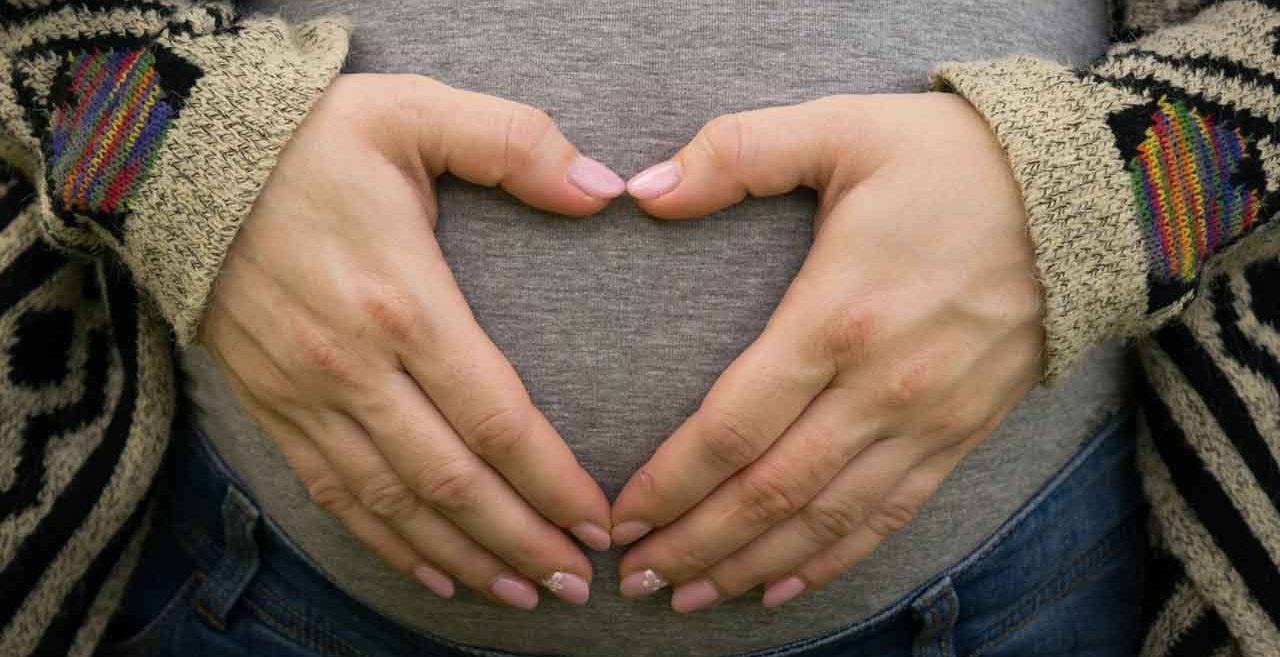The Fertility Diet Plan

A fertility diet plan includes limiting alcohol and caffeine and exposure to mercury in seafood. You might also favor high fiber whole grains and vegetable proteins over meat and dairy.
Couples can’t control many of the causes of infertility. But both of you can manage what you consume.
Don’t count on oysters and champagne, garlic, ginseng, kelp, and yams — all of which have been credited with magical fertility-boosting power.
Instead, adopt healthy habits you can think of as your fertility diet plan. You really don’t need special fertility diet recipes.
YOU MIGHT ALSO LIKE: Early Signs of Pregnancy
Coffee
Limit your java. Taking in more than 500 mg a day of caffeine is linked to taking longer to conceive, according to the National Infertility Association. An average 8-oz. brewed cup contains around 95 mg of caffeine. One shot of espresso is about 60 mg. But even as little as 200 mg a day has been tied to lower pregnancy rates. Remember that caffeine shows up in tea and Coke (and other soft drinks) as well. The evidence isn’t clear for men, but the American Society for Reproductive Medicine advises that hopeful fathers also cut back while you’re trying.
Alcohol
Heavy drinking is definitely out. How low must you go? According to the National Infertility Association, four alcoholic drinks a week has been linked to less success with IVF in women. Men who drink a lot are putting the number and quality of their sperm at risk. Even moderate drinking may be a problem, and your numbers can improve after three months of abstinence.
Mercury in fish and seafood
Don’t run away from fish because of fear of mercury. The United States Environmental Protection Agency recommends that women who may become pregnant eat 2 to 3 servings (8 to 12 ounces) of a variety of low-mercury fish and shellfish each week. Fish is good for you, and, in at least one study in 2015 of women undergoing IVF, there was no link between mercury levels and conception.
Shark, swordfish, King Mackerel, and tilefish are higher in mercury. Shrimp, salmon, Pollock, and catfish are low in mercury. Canned light tuna is fine; white albacore tuna is higher in mercury, but still fine once a week for women who want to conceive, according to the U.S. Food and Drug Administration.
Maintain a healthy weight
This is the most important step. Lose weight if you need to, but don’t go on a fad diet. Men note: Low sperm count and poor sperm motility are more likely if you’re overweight or obese. A fertility diet for men is basically a healthful diet, with lots of fruit and vegetables, and no more calories than you burn off.
For women who are overweight, as little as 5 percent weight loss could improve fertility. But if your body mass index is below 18.5, your menstrual cycles may stop or become irregular. Fierce skinny gym rats and women with eating disorders or a habit of fad diets may hurt their fertility.
The Fertility Diet
In the landmark Nurse’s Health Study, following more than 18,000 women over eight years, researchers discovered a diet that helped women with a specific kind of infertility — ovulation problems, which cause about a quarter of all cases. It’s not accurate to say that we know this diet will boost fertility in women or men, generally.
That said, the fertility diet plan matches much advice on how we all can eat to maintain a healthy weight and feel better.
- Avoid trans fats and favor unsaturated vegetable oils. Nuts, seeds, and salmon and sardines are all good.
- Cut back on meat, replacing it with beans, peas, soy, or nuts.
- Choose fiber-rich, slow-digesting carbs from whole grains, vegetables, whole fruits, and beans.
- Eat iron. You don’t need to load up on meat to get iron. Beans, eggs, lentils, spinach, and whole grains all contain iron, and vitamin C will enhance absorption.
- Favor high-fat dairy. This advice emerged from the Nurse’s study, but other research has concluded that the evidence isn’t solid that high-fat dairy is better.
- Be sure you have enough folic acid, at least 400 micrograms in supplements (ask your doctor).
- Stay away from sugary soda, and drink plenty of water.
Updated:
April 07, 2020
Reviewed By:
Janet O’Dell, RN